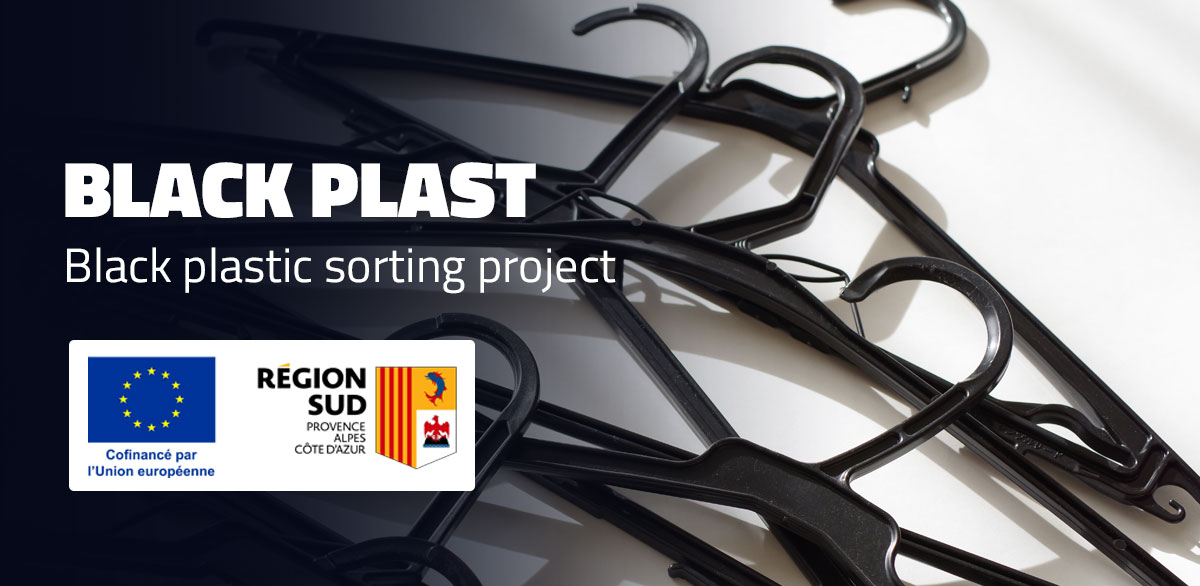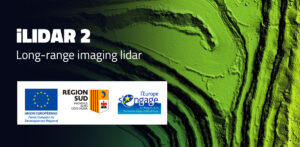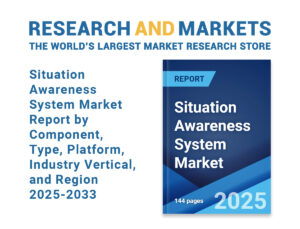Nexvision, an engineering firm specializing in optronic and embedded vision systems, has just taken another major step forward in its commitment to technological innovation and ecological transition. The company has obtained European funding, as part of the Just Transition Fund (FTJ) supported by the South Region and Europe, to develop a unique process for sorting black plastic waste.
A major challenge for plastic recycling
Plastic recycling is now a crucial issue for waste reduction and environmental protection. However, some materials remain extremely difficult to sort and recycle. This is the case with black plastic, which is widely used in many sectors (packaging, automotive, electronics, etc.), but is virtually invisible to traditional sorting technologies.
Current methods rely mainly on the detection of visible light or near-infrared (NIR) light. However, black plastics, which often contain carbon black, strongly absorb these wavelengths and become indiscernible to conventional optical sensors. As a result, a large proportion of these plastics escape recycling and end up being incinerated or sent to landfill.
Nexvision innovation: MWIR spectroscopy sorting
With the BLACK PLAST project, Nexvision offers a breakthrough solution: exploiting the spectral remission of black plastics in the mid-infrared band (MWIR, from 2 to 7 microns). This innovative approach makes it possible to detect specific spectral signatures, invisible in NIR, and to quickly identify the different families of black plastics.
The process, currently at TRL 4-5 (laboratory validation and demonstration in a relevant environment), is based on Nexvision’s expertise in the design of advanced vision systems and multispectral image processing. The goal is to develop a technology capable of sorting industrial streams of black plastics in real time and at high speed, paving the way for the large-scale recycling of materials that have not been recovered until now.
A project supported by Europe and the South Region
The BLACK PLAST project is supported by the Just Transition Fund (FTJ), a European scheme designed to support the conversion of territories most exposed to environmental and industrial challenges. The South Region plays a key role in this funding, encouraging innovative initiatives that contribute to the ecological transition and industrial competitiveness of the territory.
This institutional support highlights not only the technological relevance of the project, but also its strategic importance for the recycling and circular economy sector in Europe.
A step towards the circular economy
The development of BLACK PLAST is fully in line with the objectives of reducing plastic waste and creating new recycling channels. By finally enabling the efficient sorting of black plastics, Nexvision is helping to:
- significantly increase recycling rates,
- reduce dependence on virgin plastics,
- limit the environmental impact of incineration or landfilling,
- and support the emergence of new industrial value chains.
Another demonstration of Nexvision’s expertise
This project once again illustrates Nexvision’s ability to develop innovative optronic systems at the crossroads of technological research and societal challenges. Following its work in space, defense, and maritime security, the company is confirming its commitment to putting its expertise to work for the ecological transition and waste recovery.
With BLACK PLAST, Nexvision is opening up a concrete prospect: transforming a technical challenge into an opportunity for the environment and industry, and actively contributing to building a more sustainable and circular economy.



